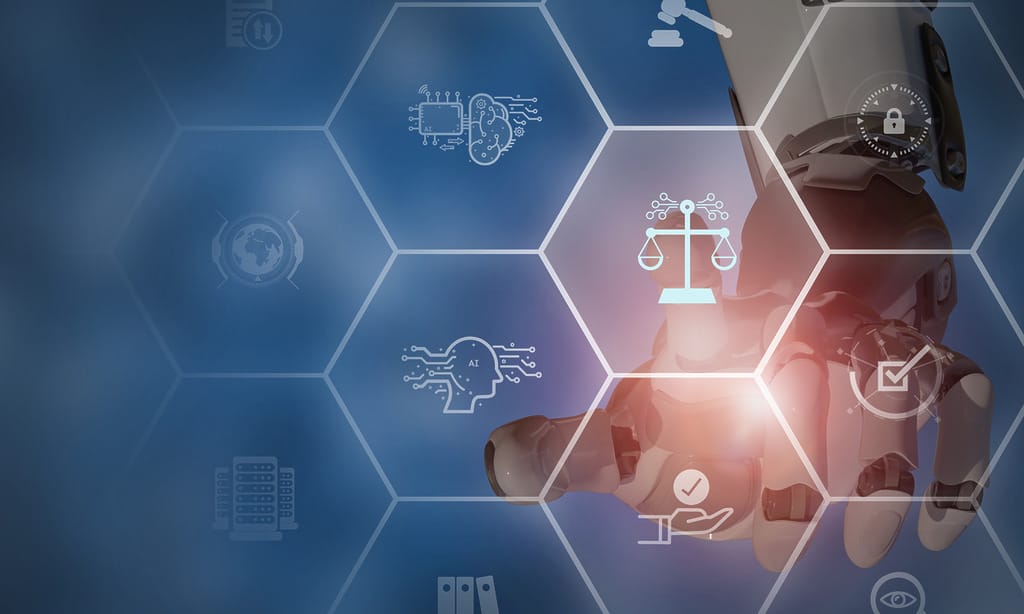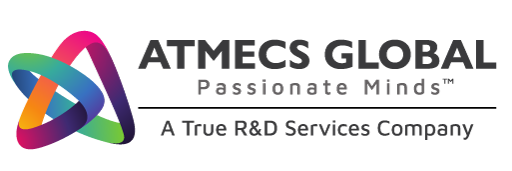Responsible AI vs. Ethical AI: Understanding the Nuances
- ATMECS Content Team
Introduction
In our rapidly evolving digital era, AI’s profound impact across sectors like healthcare, finance, and entertainment raises crucial questions about its development and use. The concepts of “responsible AI” and “ethical AI” are central to this discourse, and while they often overlap, understanding their distinctions is vital for leveraging AI beneficially and safely.
What is Ethical AI?
Ethical AI addresses the moral dimensions of AI technology. It focuses on ensuring that AI systems operate in a manner that is fair, transparent, accountable, and respects privacy. These principles are designed to guide AI systems to not perpetuate biases or infringe on individual rights, thus maintaining moral integrity in AI operations.
Responsible AI: Broader Than Ethics
Responsible AI encompasses ethical AI but extends into the practical implementation of AI systems. It involves not only adhering to ethical standards but also complying with legal and regulatory frameworks. Responsible AI aims to manage AI systems effectively to ensure they are safe, reliable, and yield beneficial outcomes without unintended negative consequences

Key Differences and Synergies
- Focus: Ethical AI centers on the intent behind AI development, promoting alignment with core moral values. In contrast, responsible AI is about practical application, ensuring the technology is used safely and effectively.
- Principles: Ethical AI principles include fairness, transparency, and accountability. Responsible AI integrates these but also includes risk assessment, governance, and evaluation of societal impacts.
Importance of Responsible AI
- Building Trust: Establishing trust in AI systems encourages broader acceptance and integration into societal frameworks.
- Mitigating Risks: Proactive risk management in AI development helps prevent harmful outcomes.
- Maximizing Benefits: Ensuring AI serves the public good maximizes its potential benefits across communities.
The Future of Responsible AI
The trajectory of responsible AI is set towards greater standardization and regulation. Increasing focus on explainable AI (XAI) aims to make systems more transparent and understandable. Additionally, evolving human-AI collaboration necessitates ongoing ethical consideration to balance benefits against potential risks effectively.
Conclusion
The distinction between responsible and ethical AI forms the foundation for developing AI technologies that are not only powerful but also aligned with societal values and safety standards. As AI continues to reshape global landscapes, the role of these frameworks in guiding AI development remains crucial for ensuring technology serves humanity positively and responsibly.




